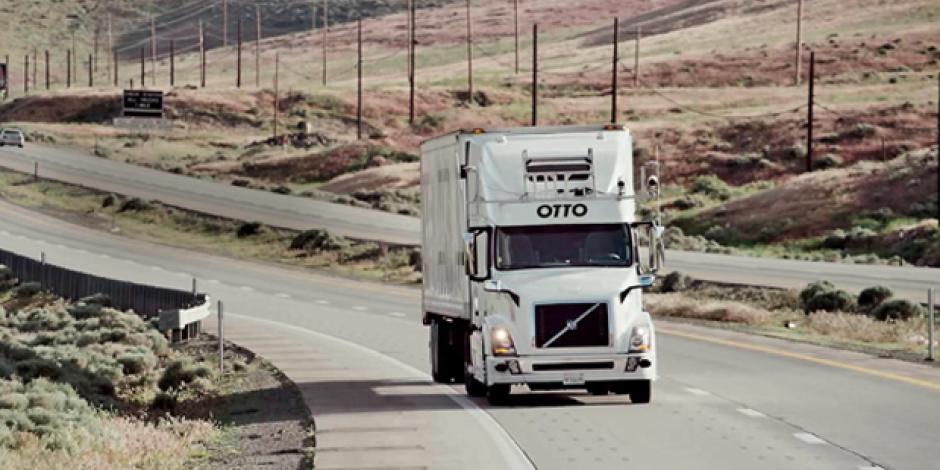“Make America great again”: if you visit the website of the United States patent and trademark office (US)Patent- und MarkenamtPatent and Trademark Office, you’ll see that, on 14 July 2015, this trademarkMarke(nzeichen)trademark was registered with the number 4773272. And who registered it? “DONALD J. TRUMP FOR PRESIDENT, Inc. (US)etwa: AGINC.” People laughed at the slogan and they laughed at the candidate, but they stopped laughing on 9 November 2016, when Donald J. Trump was elected the 45th president of the United States.
Like so much about Trump’s controversial election campaign, the “Make America great again” slogan was regarded as ridiculouslächerlichridiculous. The New York Times kept explaining that America was already great at several things and, anyway, the idea behind the slogan, stopping the export of American jobs, was absurd because free trade is good and jobs come and go in a globalized world. That’s life.
On 30 November 2016, the same New York Times published a story with the headline, “Trump to Announce Carrier plantWerkPlant Will Keep Jobs in U.S.”. apparentlyanscheinendApparently, he had convinced the air-conditioner maker Carrier not to move a factory from Indiana to Mexico. The company had agreed to keep 800 manufacturing jobs as well as another 300 engineeringIngenieurwesen; hier: Technik-engineering and management jobs in the US.
Silicon Valley: prosperity, opportunity and disruption
Make America great again? Sorry, it’s not going to happen like that, says Silicon Valley. The deep divide between urban Americans, many of whom hate Trump, and those in rural areas who support him, can be summed up in two words: Silicon Valley. There, the technology elite believes in disruptionStörung; hier: Ablösung, Verdrängungdisruption, the idea that new technologies will destroy established companies too slow to react to change.
The deep divide between urban Americans, many of whom hate Trump, and those in rural areas who support him, can be summed up in two words: Silicon Valley
Cloud computing is a perfect example of a new technology to disrupt sth.hier: etw. umkrempelndisrupting the establishment. Amazon and Microsoft now sell computing resourcesRechenressourcencomputing resources on demand, which means that their customers no longer have to buy expensive data-centre hardware. As a result, hardware companies like Hewlett-Packard have lost business and fired thousands of workers. Cloud computing is also making it easier to create software that powers a range of radicalhier: revolutionärradical services, such as the accommodation (UK)Unterkunftaccommodation-sharing Airbnb and, soon, self-driving cars.
For Silicon Valley, all this means prosperityWohlstandprosperity and opportunity. But for people in Michigan, where the declineNiedergangdecline of the car industry has led to big job losses, the same technology means something very different. They believe we are heading for a future where disruption is destroying traditional industries and they don’t like what this is doing to their families and communities.
“Software is eating the world”
What’s the most popular job in America? Police officer, you say? No. According to an analysis of US census data, truck driving is the most popular job and this means that the great battle between Tump voters, who want stability, and the technologists, who want revolution, will be fought on the highways.
The economic benefits of self-driving technology are undeniableunbestreitbarundeniable for businesses, but the rise of self-driving trucks will put millions of people out of work. You can’t have one without the other.
The great battle between Trump voters, who want stability, and the technologists, who want revolution, will be fought on the highways
Silicon Valley venture capitalistRisikokapitalgeber(in)venture capitalists like Marc Andreessen and Benedict Evans say that “software is eating the world”. Many more industries will be eaten by software, and this is terrifying news for members of a working class who believe their jobs will be taken by technologies they don’t understand. Slogans like “Make America great again” offer hope in a time of change. I don’t think we can stop disruption from happening, but we do need to discuss how to deal with it. Soon.
Vertiefen Sie dieses Thema mit diesem Audio-Interview:
Neugierig auf mehr?
Dann nutzen Sie die Möglichkeit und stellen Sie sich Ihr optimales Abo ganz nach Ihren Wünschen zusammen.



